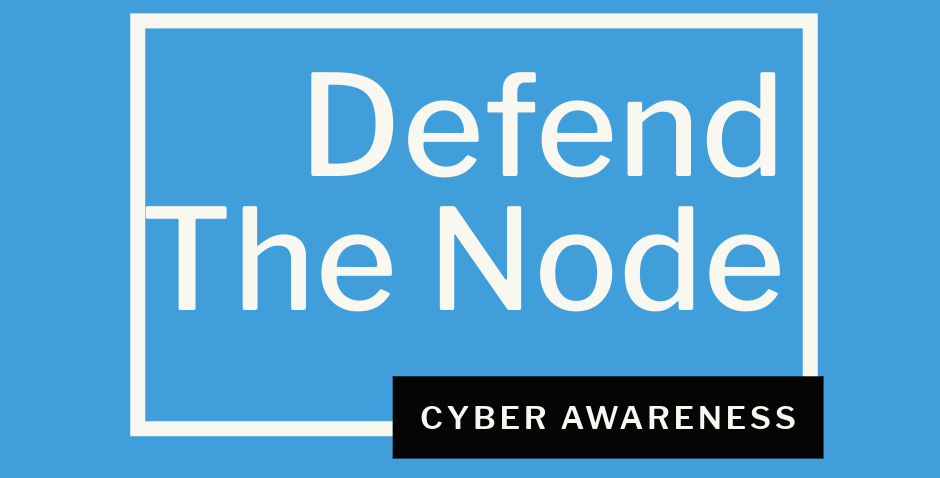Online privacy and security matter more than ever. Whether you’re browsing, streaming, or accessing sensitive data, protecting your identity is essential. Two popular tools for online anonymity and access control are VPNs and proxies. Although they may seem similar, they serve different purposes. Therefore, this article explores the difference between VPN and proxy, how each works, their pros and cons, and which one suits your needs best.
What is a VPN?
VPN stands for Virtual Private Network. It creates a secure, encrypted tunnel between your device and the internet. As a result, when you connect to a VPN server, your traffic routes through that server. Your IP address is hidden, and your data is encrypted. Consequently, it becomes hard for hackers, ISPs, or governments to track you.
How VPN Works:
- First, your device connects to a VPN server.
- Then, the server hides your real IP address.
- Next, your data is encrypted and sent through a secure tunnel.
- Finally, the website sees only the VPN server’s IP.
Benefits of Using a VPN:
- Full encryption of internet traffic
- Safe use of public Wi-Fi
- Bypasses censorship and geo-blocks
- Boosts privacy and anonymity
- Stops ISP throttling
Common VPN Use Cases:
- Secure remote work access
- Watching region-locked content
- Safe online banking and shopping
- Private browsing
What is a Proxy?
A proxy server acts as a middleman between your device and the internet. Specifically, your requests go through the proxy server, which then sends them to the destination site. As a result, the website sees the proxy’s IP address, not yours.
How a Proxy Works:
- First, you send a request to the proxy.
- Then, the proxy forwards it to the site.
- After that, the site responds.
- Finally, the proxy returns the data to you.
Types of Proxy Servers:
- HTTP Proxy – Works for web browsing only
- SOCKS Proxy – Handles all kinds of traffic
- Transparent Proxy – Used for filtering or caching but doesn’t hide your IP
Benefits of Using a Proxy:
- Hides your IP address
- Bypasses basic geo-restrictions
- Controls or filters browsing
- May boost speeds via caching
Common Proxy Use Cases:
- Bypassing website blocks
- Web scraping tools
- Accessing restricted content
- Load balancing
Key Differences Between VPN and Proxy
| Feature | VPN | Proxy |
|---|---|---|
| Encryption | Yes (strong encryption) | No encryption |
| Security Level | High | Low to Medium |
| IP Masking | Yes | Yes |
| Anonymity | Strong anonymity | Basic anonymity |
| Traffic Coverage | Entire device traffic | Specific apps or browsers only |
| Speed | Slightly slower (due to encryption) | Usually faster, but less secure |
| Cost | Usually requires subscription | Many free options available |
| Bypass Geo-blocking | Very effective | Partially effective |
VPN vs Proxy: Which One Should You Use?
Ultimately, it depends on what you need:
- For strong privacy and security: Use a VPN. It encrypts your data and keeps you safe.
- For simple tasks or bypassing blocks: A proxy may be enough. However, it’s not secure.
- For streaming and work access: VPN is a better choice.
- For basic browsing or limited restrictions: A proxy can help, but offers minimal protection.
Final Thoughts
In summary, VPNs and proxies both help protect your online activity. However, they work in different ways. VPNs offer full security, privacy, and encryption. On the other hand, proxies are simpler and good for light tasks but lack strong protection.
By understanding the difference between VPN and proxy, you can choose wisely. Whether you want to stay safe online or access restricted content, picking the right tool truly matters.
If you care about privacy, then choose a trusted VPN. It’s a smart investment that offers long-term benefits and peace of mind.
Interesting in learning more, click on this article on malware and how to prevent it from happening.

